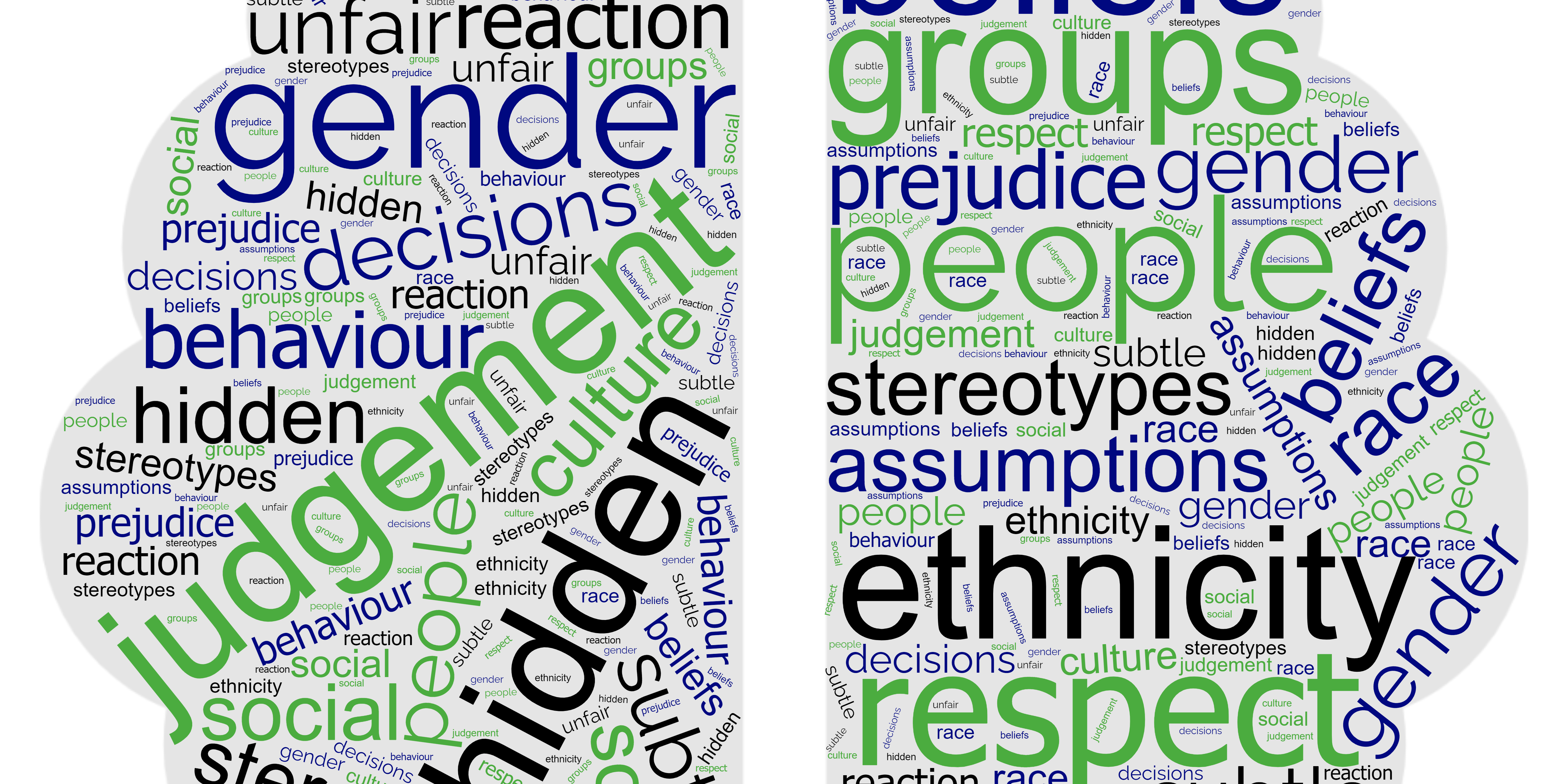 All of us are biased in one way or another. Our bias can be conscious or unconscious, innate or leant – and ultimately results in us placing disproportionate weight in favour or against a person, idea, group or thing, often without evidence or just cause.
All of us are biased in one way or another. Our bias can be conscious or unconscious, innate or leant – and ultimately results in us placing disproportionate weight in favour or against a person, idea, group or thing, often without evidence or just cause.
Unconscious biases are social stereotypes about certain groups of people that individuals form outside their own conscious awareness. Everyone holds unconscious beliefs about various social and identity groups and they are often incompatible with our consciously held values.
Whilst we all have biases, failing to recognise or address our bias can have catastrophic results at an individual and societal level. This is particularly true when we think about the unconscious biases that professionals/ volunteers may have and the impact it can have on children and young people.
We have spoken to children and young people from across Cambridgeshire and Peterborough about their experiences of unconscious bias, how it makes them feel and what can be done to address it. The children and young people who we spoke to were both primary and secondary aged children from a range of ethnic and demographic backgrounds. Whilst they were a diverse group of children and young people, they had all experienced unconscious bias and they all agreed that it needed to be addressed. They kindly gave us their permission to use their experiences and quotes within this resource with the express hope that it would start a conversation and help people to think about their unconscious biases.
We hope that you find this resource useful and take the time to start a conversation about unconscious bias.
The resource takes approximately 10-15 minutes and can be accessed via the link https://www.safeguardingcambspeterborough.org.uk/home/covid-19/e-learning-during-covid-19/children-and-young-peoples-experience-of-unconcious-bias/


